Are you wondering what exactly ecommerce fulfilment is and why is it so important? In this blog, we will investigate the basics of ecommerce fulfilment, explore its key benefits, and provide insights into the costs involved in the UK. Whether you are a small business owner or a large retailer, understanding these aspects can help you optimise your fulfilment processes and improve your overall customer experience.
Definition of Ecommerce Fulfilment
Ecommerce fulfilment refers to the steps involved in delivering a product from an online store to the customer. This includes warehousing inventory, processing orders, picking and packing items, and shipping them out. It also encompasses handling returns and exchanges. Ecommerce fulfilment is about making sure that the right product reaches the right customer without delay.
Why is Ecommerce Fulfilment Needed?
💡Customer Satisfaction: Fast and accurate order fulfilment directly impacts customer satisfaction. Delays or errors can lead to negative reviews and lost customers.
💡 Operational Efficiency: Streamlining the fulfilment process can help businesses manage inventory better, reduce shipping costs, and optimise warehouse space.
💡 Competitive Advantage: Efficient fulfilment operations can differentiate a business from its competitors, particularly in a market where fast delivery and reliable service are key selling points.
💡 Scalability: As businesses grow, a well-managed fulfilment process can handle increased order volumes without compromising service quality.

How Does Ecommerce Fulfilment Work?
Ecommerce fulfilment starts with effective inventory management to prevent stock issues. After order placement, items are carefully picked and securely packaged. After shipping, it gets delivered to the customer’s doorstep. If a return is required, it should be an easy process.
Here is a detailed step-by-step process:
Types of ecommerce fulfilment models
There are many ecommerce fulfilment models to choose from, though there are four common types. These include:
- In-house – this model refers to undertaking all fulfilment activities yourself. From inventory management to picking, packing, shipping and returns.
- Drop shipping – this model involves a supplier, wholesaler, or manufacturer shipping product directly to your customers. This means no inventory is handled by you physically.
- Hybrid – this involves a combination of in-house and drop shipping fulfilment models. Some custom orders may require assembly before shipping which will involve shipping from in-house facilities, whereas non-custom orders are ready to be dispatched via drop shipping.
- 3PL – this involves a third-party logistics (3PL) provider handling all aspects of fulfilment, from inventory management to distribution.
5 Benefits of Ecommerce Fulfilment in 2025
- Faster Delivery: By leveraging multiple warehouses or strategic locations, businesses can offer quicker shipping options to customers, like same-day delivery.
- Improved Accuracy: Professional fulfilment centres like Lester’s have advanced systems that reduce errors in order processing and shipping.
- Save money: Outsourcing fulfilment can reduce overhead costs associated with maintaining warehouses, staffing, and shipping logistics.
- Scalability: Fulfilment services can easily scale to accommodate growing order volumes, allowing businesses to expand without logistical constraints.
- Focus on core activities: By delegating fulfilment tasks, businesses can concentrate on other crucial aspects like marketing, product development, and customer service.

Ecommerce Fulfilment Costs
The cost of ecommerce fulfilment in the UK varies depending on order volume, storage fees, picking and packing charges, and shipping costs. Higher order volumes often lead to lower per-order costs due to economies of scale. Storage fees are determined by the size and duration of inventory held in the warehouse. Picking and packing costs cover the labour and materials used to prepare orders for shipment.
Shipping costs fluctuate based on the destination, shipping method, and package dimensions. Additionally, businesses should account for potential costs associated with handling returns and exchanges. Carefully evaluating these factors can help businesses manage their fulfilment expenses effectively and choose the most suitable fulfilment partner.
Why Choose Lesters Logistics for Your Ecommerce Fulfilment?
Efficient fulfilment is essential for maintaining customer satisfaction and streamlining operations. Lester’s Logistics offers expert solutions to help businesses optimise their fulfilment processes, from inventory management to timely shipping.
By partnering with Lesters Logistics, you benefit from our comprehensive services designed to improve accuracy, reduce costs, and upgrade delivery speed. With our 5-star reviews and reliable services, we believe we are the ideal choice to support and elevate your ecommerce business.


